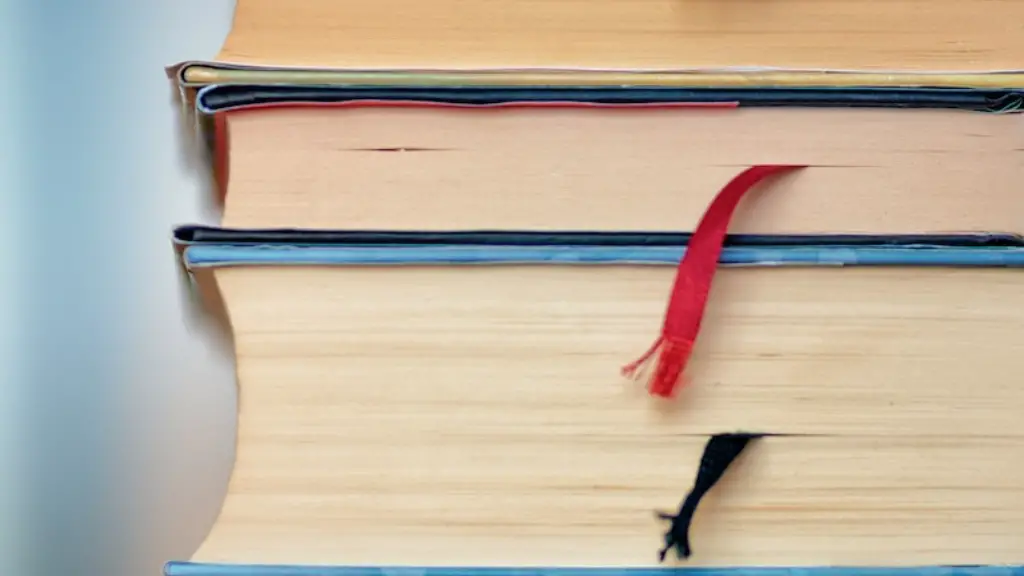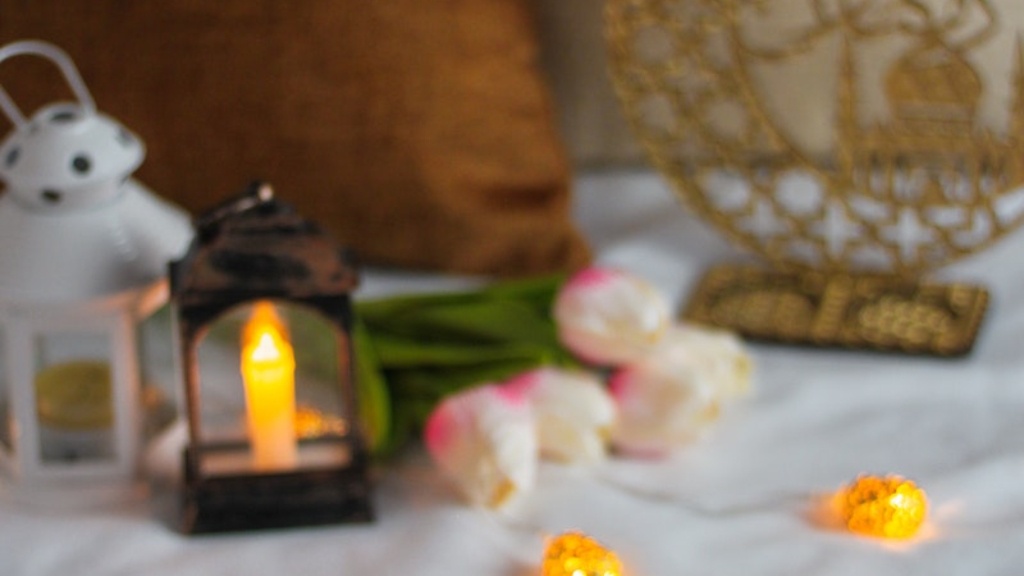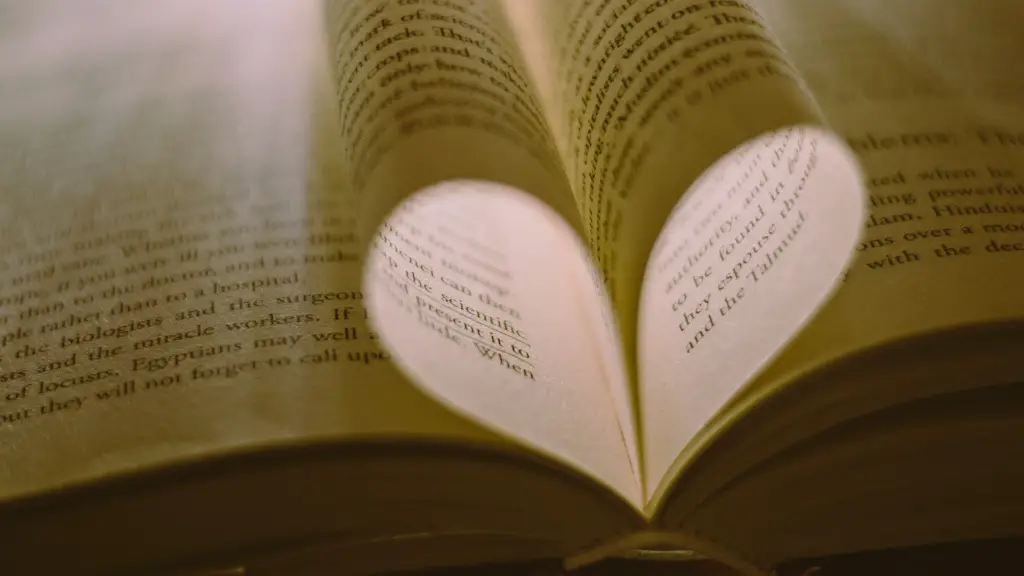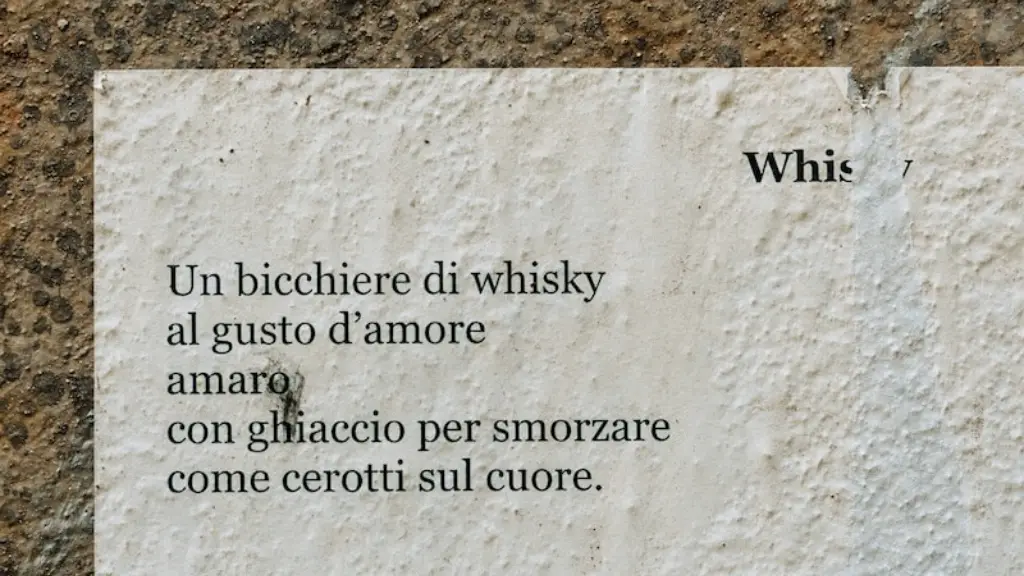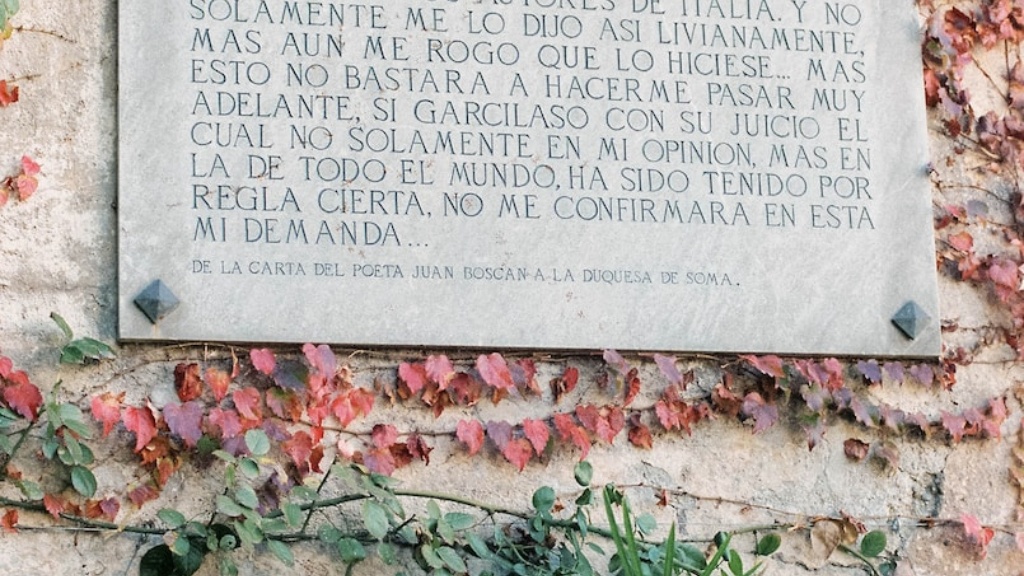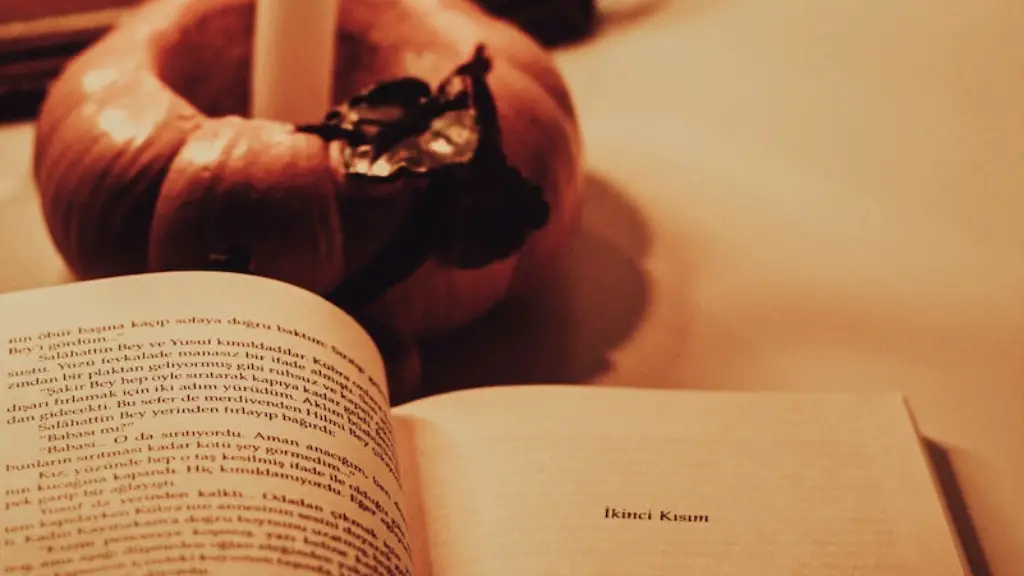Poetry has been a fundamental form of literature since the dawn of civilization. It’s a special way to express emotion, provide insight into a situation and capture unique experiences. Poetry can be both entertaining and enlightening, inspiring us to consider the rich emotions, meaningful statements and captivating beauty of the written word.
For centuries, poets have celebrated the beauty and power of poetic language, painting vivid picture’s of nature, exploring complex themes of life and love and reflecting on the human condition. Through its ability to evoke strong emotions and feelings, poetry can touch upon things that are difficult or impossible to explain in any other way.
In addition to the traditional forms of poetry, such as sonnets and odes, poets today are creating new ways to express themselves in this classic literary form. From spoken word poetry to rap and hip-hop, the possibilities are only limited by the writer’s imagination.
Poetry can be found everywhere in today’s culture, from coffee houses and bookstores to online forums and social media posts. It’s a popular way to express the things that are important to us, such as our opinions on life and the world around us. Poetry also serves as a form of communication, allowing us to share our thoughts and experiences in a unique and meaningful way.
The modern popularity of poetry may be attributed to its potential for personal expression. It allows us to take ownership of our ideas and emotions, and express them in a way that is both powerful and inspiring. When we write poetry, we can speak directly to the reader, conveying our feelings and thoughts with clarity and emotion.
For those who have no experience with poetry, it can be a daunting task to get started. But there are many resources available to help, such as books and websites that offer advice and instruction on writing effective poetry. By finding a way to express yourself in this timeless form of literature, you can create pieces of work that are both meaningful and enjoyable to read.
Symbolism in Poetry
Poetry allows us to use symbols and metaphors to express our emotions in a unique manner. Symbols are commonly used to illustrate how a particular feeling or idea can be written and understood, vividly demonstrating a concept or situation with the use of words and images. In a poetic sense, symbols can be used to guide the reader through the story and evoke strong emotions. By subtly implying a meaning or message, symbols can provide a deeper understanding of the poem as a whole.
The use of symbols can be especially powerful in poetry. Through the use of metaphors and imagery, poets can offer a unique perspective that conveys a deeper message to the reader. Furthermore, the use of symbolism can be used to evoke the senses, connecting the poem to the reader on a level that traditional prose just can’t achieve.
Using symbolism can also be an effective way to communicate complex concepts or feelings without resorting to direct language. By using symbols, a poet can express difficult ideas in a creative way and help the reader understand a concept or emotion on a deeper level.
Rhythm of Poetry
Another important aspect of poetry is the use of rhythm and meter. These elements are used to give a poem a consistent flow, allowing a writer to control the pace and emotion of the verse. By controlling the length of the lines, the poet can pay special attention to how words are placed and how each line connects to the next, effectively guiding the reader’s attention.
Rhythm and meter can be used to emphasize specific words or ideas, drawing special attention to the sections of the poem where it’s needed most. By altering the pace of the poem and controlling the rhyme and meter, the poet can capture and hold the reader’s attention throughout the entire piece.
Experimenting with various rhythms and meters can help a poet to create a work that truly captivates the reader. By playing with the pacing and the arrangement of the lines, a poet can craft a piece of work that truly presents a unique voice and perspective.
History of Poetry
For centuries, poets have been inspired by the stories and emotions that come with creating and sharing powerful works of literature. Poetry has existed for centuries and has been used for many purposes. From Ancient Greek epics to romantic love poems, poets have used their words to capture emotion, express ideas and tell stories that resonate with audiences across the ages.
To understand the history of poetry, it’s important to look at the various forms it has taken over time. From song lyrics to haikus to limericks, poetry has been transformed and adapted in many different forms over the years, with each evolution offering a distinct voice and message. While some forms may have come and gone, many of the classic forms of poetry such as sonnets, odes and ballads are still popular today.
It’s also interesting to look at how different cultures and societies have developed their own unique styles of poetry. From Arabic poetry to Chinese poems, every culture and society has its own unique take on how poetry should be expressed and enjoyed. Whether it’s an ancient epic poem or a contemporary rap song, the history of poetry is vast and incredibly varied.
Modern Poetry
In the modern era, poetry is becoming increasingly popular and accessible to the masses. From blogs and social media to independent poetry magazines and open mic nights, poets are finding new and creative ways to share their works with the world. Poetry has become a popular form of self expression, with many authors and poets using their words to capture raw emotion and provide a cathartic release.
The modern world has given birth to many new forms of poetry, such as rap and spoken word poetry. Technology has allowed poets to reach a larger audience, with social media giving readers across the globe access to poets they may never have had the chance to discover. It’s also created a platform where poets can connect with one another and share ideas, inspiring a more inclusive and diverse culture of poetry.
In the modern age, poetry is taking many exciting and innovative forms, emerging as a powerful and popular form of expression. It’s a powerful way to communicate our beliefs, ideas and emotions, creating works of art that touch and inspire readers from around the world.
How to Write Poetry
Despite its popularity, writing poetry can still be a daunting task for those who are unfamiliar with the form. But by understanding the elements of poetry and experimenting with different styles, you can create beautiful works of literature that capture your own unique voice and perspective.
The most important step in writing a poem is to figure out what story or emotion you would like to express. Once you have your topic, you can start to explore different ways to shape your poem, trying out different techniques such as rhyme, meter and symbolism. You can also play with the pacing, using longer and shorter sentences to control the pace of the poem and ensure that your message is clear.
No matter the topic or technique you choose, the most important thing is to make sure that your poem is a true reflection of your own individual story or experience. With patience and practice, you can create beautiful works of art that express your unique thoughts and feelings, allowing you to share something meaningful with the world.
Conclusion
Poetry has been a timeless form of literature for centuries and it continues to inspire people today. From its potential for personal expression to its unique ability to evoke emotion and convey powerful messages, there’s no doubt that poetry is still a powerful way to share ideas and thoughts. With the right resources and guidance, anyone can learn to master the art of writing poetry and share their own unique stories with the world.
